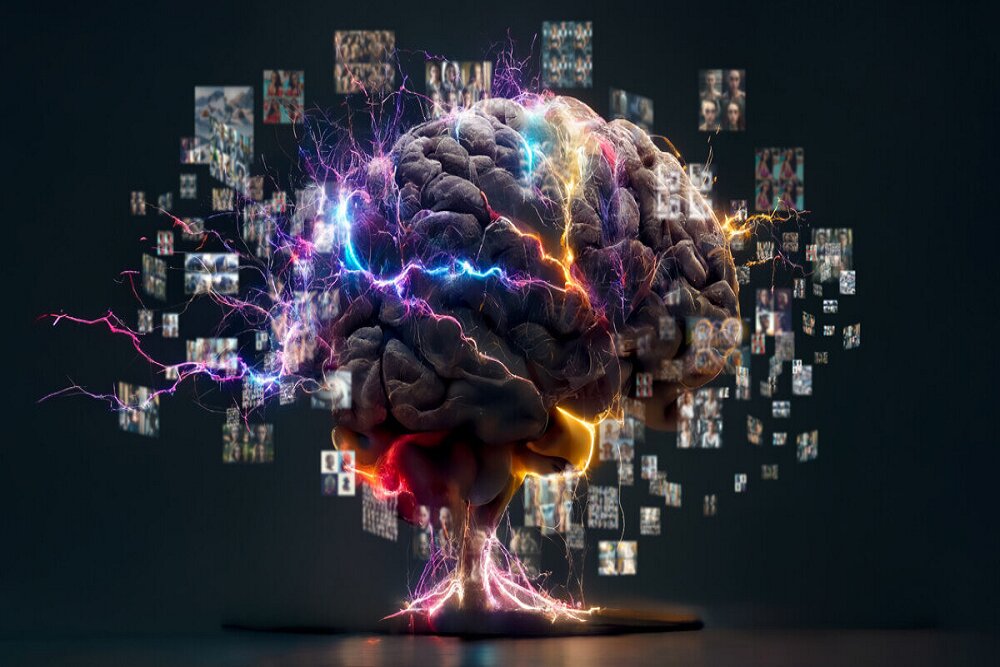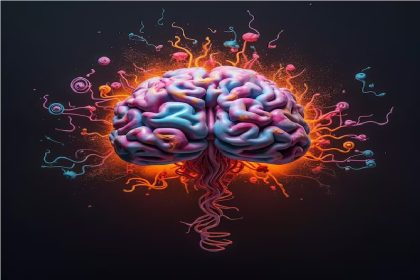A new study shows that the ability to learn and form memories is not unique to the brain, but is actually a fundamental property shared by cells in the human body.
According to RCO News Agency, In a remarkable finding, what scientists have long believed has been challenged. A study by Nikolai V. Kukushkin (Nikolay V. Kukushkin), a clinical associate professor at New York University, conducted and published in the journal Nature, shows that non-nutritive cells, including nerve and kidney tissues, can recognize patterns in their environment and by activating “memory genes” Answer it. This is the same gene that brain cells use to rebuild their connections and form memories.
Quoting SF, Kokoshkin explains: Learning and memory have generally been associated only with the brain and brain cells, but our study shows that other cells in the body can also learn and form memories.
To achieve this unexpected discovery, the researchers exposed two types of non-brain human cells to different patterns of chemical signals, simulating the response of brain cells to neurotransmitters during the learning process. By engineering the cells to produce a protein that glows when the memory gene is activated, the team was able to monitor the cells’ learning and memory abilities.
The impressive results show that non-brain cells were able to distinguish between continuous and spaced patterns of chemical signals, just as brain neurons can tell the difference between accumulating information and learning through repeated exposure to them over time.
This suggests that the ability to learn is not unique to brain cells, but may actually be a fundamental property of all cells, says Kokoshkin.
This discovery not only challenges our understanding of memory, but also provides new ways to enhance learning and treat memory-related disorders. In the future, we may need to consider other cells in the body to maintain healthy function, Kokoshkin suggests.
The author of this study concludes: This discovery opens new doors to understanding how memory works and could lead to better ways to enhance learning and treat memory problems. At the same time, it suggests that in the future, we should treat our bodies more like our brains. Consider, for example, what our pancreas remembers about past meal patterns to maintain healthy blood glucose levels, or consider how a cancer cell remembers chemotherapy patterns.
end of message
RCO NEWS
















